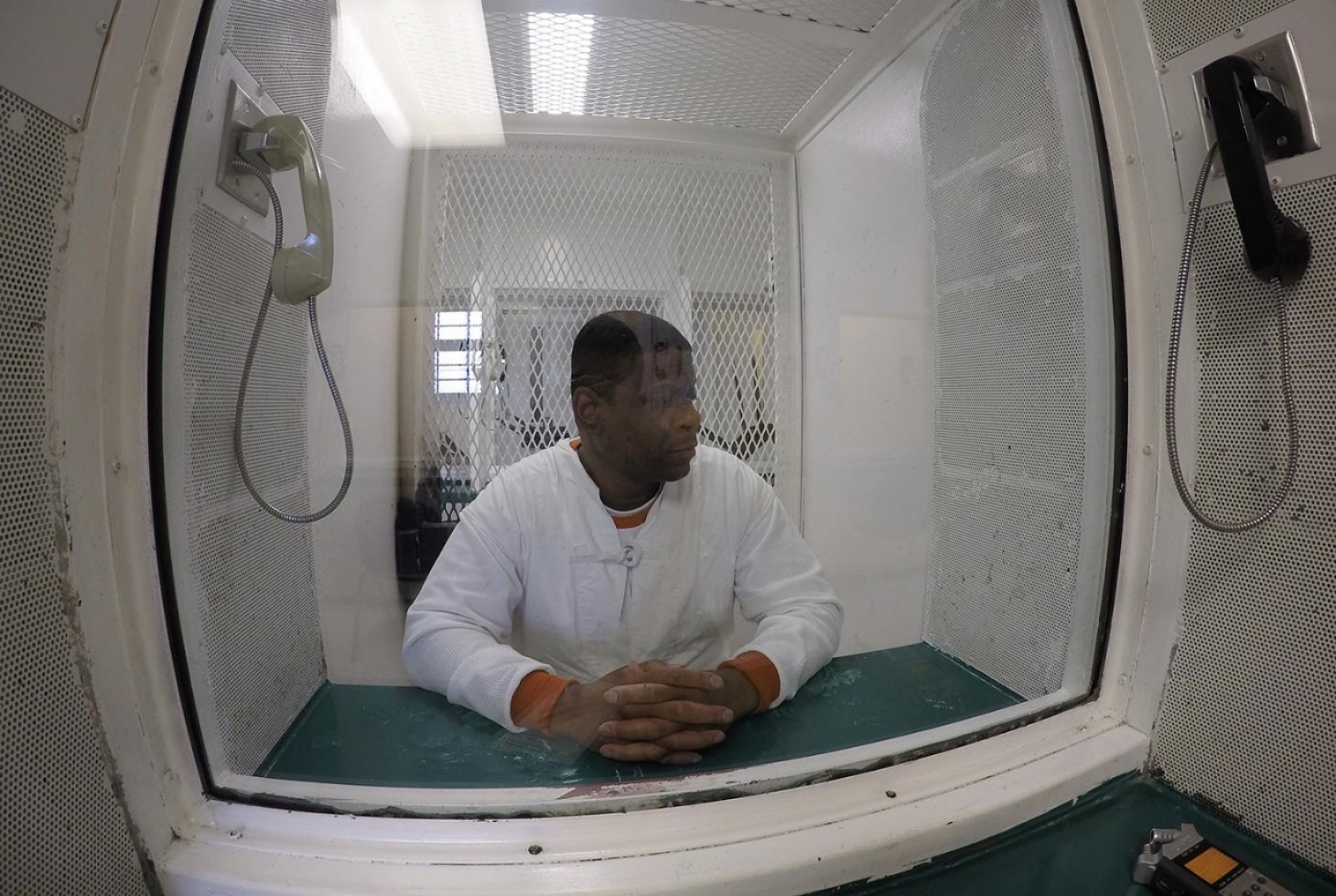What Is Cognitive Bias and How Does It Contribute to Wrongful Conviction
Everyday people and law enforcement professionals alike are vulnerable to cognitive biases.
08.19.21 By Vanessa Meterko
Vanessa Meterko is the Research Manager at the Innocence Project. She earned her M.A. in forensic psychology from John Jay College of Criminal Justice, part of the City University of New York.
When a crime is committed, police investigators are tasked with developing a suspect based on evidence. But, too often, their cognitive biases — unconscious beliefs they hold and inadvertent mental tendencies they have — influence this process, and this can lead to wrongful convictions. To learn more, the Innocence Project’s science and research team recently reviewed the existing social science research on cognitive biases in criminal case evaluations, with our clients’ cases in mind.
For example, Levon Brooks was wrongfully convicted of assaulting and killing his ex-girlfriend’s 3-year-old daughter in Noxubee County, Miss., in 1992. That same year, in a remarkably similar case, a man named Kennedy Brewer was accused of assaulting and killing his girlfriend’s 3-year-old daughter in the same county. Mr. Brewer was also wrongfully convicted.
Despite the striking similarities in their cases, police honed in on Mr. Brooks and Mr. Brewer because they were the “usual suspects” — the boyfriends. They did not consider all the evidence and did not critically evaluate all possible leads. Nearly two decades later, DNA evidence identified the person who had actually committed both crimes and who had been a person of interest in the original investigations, resulting in the exonerations of both men.
Our research found that everyday people and law enforcement professionals alike are vulnerable to cognitive biases and that the biases can contribute to wrongful convictions.
What are cognitive biases?
In this context, “bias” doesn’t mean prejudice or favoritism. “Cognitive bias” refers to a wide variety of inadvertent mental tendencies that can impact perception, memory, reasoning, and behavior. These tendencies are universal, meaning everyone has them. They are the human brain’s way of adapting to a complex world. These biases are developed because our minds naturally identify patterns based on our experiences, environment, and the information we consume. They are like mental “shortcuts” we develop over time to help us process information and situations more quickly based on past experiences.
These mental shortcuts help us operate efficiently, but they also have the potential to skew our perceptions and, therefore, can undermine the search for truth in a criminal investigation.

Huwe Burton, charged with slaying mother, is taken from Laconia Avenue precinct last night for booking. (Image: Clarence Davis/NY Daily News via Getty Images)
For instance, a common type of cognitive bias known as the fundamental attribution error could lead law enforcement to focus on the wrong suspect. This phenomenon occurs when people readily and quickly attribute someone’s actions to their character or personality, rather than considering situational or external factors that might explain the behavior.
This was the case for Innocence Project client Huwe Burton, who was a teenager when he returned home from school to find his mother murdered. After hours of interrogation during which officers intimidated and pressured him, he falsely confessed and later recanted. Rather than recognizing the power and influence of the situation (e.g., shock, grief, isolation, and threats during interrogation), when considering Mr. Burton’s confession, police, prosecutors, and ultimately a jury believed that the confession reflected his character and he was wrongly convicted.
Their perceptions of him could also have been influenced by implicit racial biases associating Black people with criminality. Though he had no criminal history, Mr. Burton was portrayed as a drug user who killed his mother for money. He was finally exonerated in 2019, after nearly 30 years.
The fundamental attribution error is just one of many types of cognitive biases, including anchoring, the availability heuristic, hindsight bias, and confirmation bias.
How cognitive biases contribute to wrongful convictions
A type of cognitive bias that is commonly seen in wrongful conviction cases is confirmation bias — when a person selectively seeks, recalls, weights, or interprets information in ways that support their existing beliefs, expectations, or hypotheses. When initial impressions become firm conclusions based on selective information and without a critical evaluation of all the evidence, innocent people get wrongly convicted.
Bladimil Arroyo’s case is a clear example of this. In 2001, Mr. Arroyo was questioned about a murder in Brooklyn. At the time he was interrogated, police believed the victim had been stabbed and Mr. Arroyo ultimately provided a detailed confession in which he said he had stabbed the victim. However, the medical examiner later determined that the man had been shot, not stabbed, proving Mr. Arroyo’s confession to be false.
As in many instances of false confessions, it appeared that Mr. Arroyo had learned facts about the crime (and what police believed at the time) during his interrogation and incorporated them into his statement. As a result, his confession matched law enforcement’s initial, but incorrect, theory of how the crime occurred, yet the State pressed on with the case.
Rather than reevaluating why Mr. Arroyo had confessed to something demonstrably false, the State changed its explanation of the evidence to fit the suspect they’d already built a case around. At trial, the prosecution explained the erroneous details of Mr. Arroyo’s confession to the jury by saying that Mr. Arroyo claimed to have stabbed the victim in an attempt to minimize his involvement in the crime. Mr. Arroyo was convicted. In 2019, after an extensive reinvestigation by the Kings County Conviction Review Unit, his convictions were vacated and Mr. Arroyo was finally freed.


Great article hopefully this will work for my husband
His lawyers at innocence project are looking at this topic right now
I wholeheartedly believe this is how he was wrongfully convicted 25 yrs ago.
Based on cognitive bias and false witness testimony.
God Bless this work
FREE THE INNOCENT ONCE AND FOR ALL!